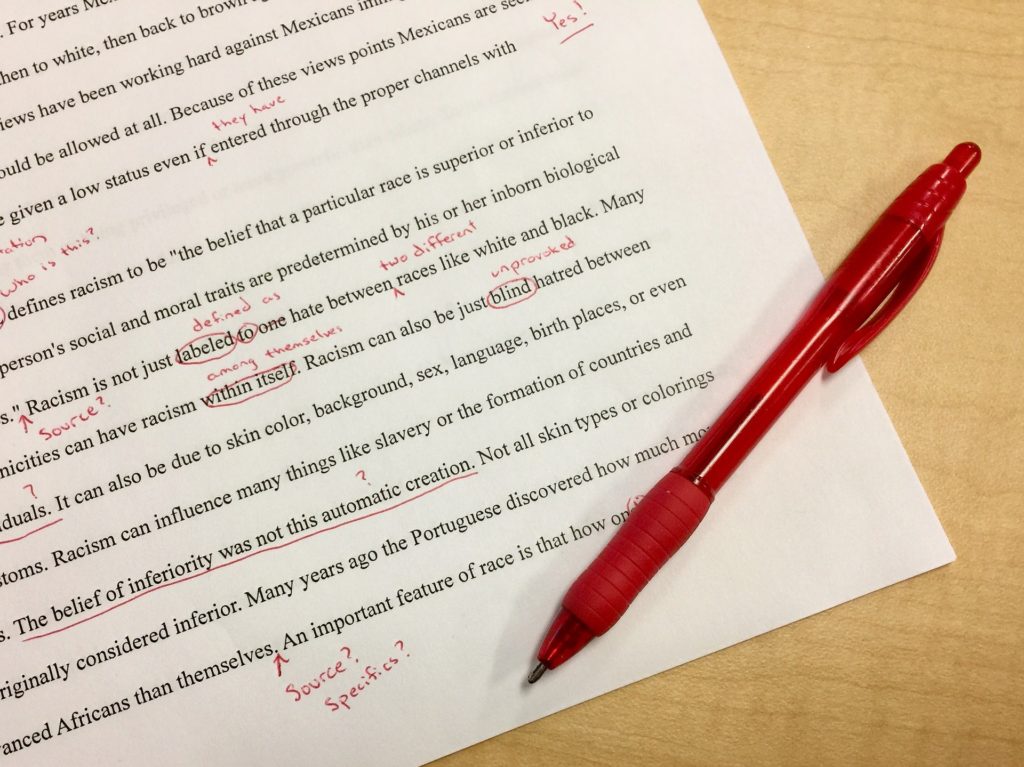Some writers are surrounded by people who are willing and able to read their works. Others are not as fortunate. For anyone striving to publish their story, or those just looking to build their best work, Alpha and Beta readers are the first invaluable resources in a writer’s journey.
In addition, there are Sensitivity Readers, Critique Partners, ARC Readers, Proofreaders and multiple types of Editors. People often use these terms interchangeably, but there are definite differences between them. Let’s get into what each of these groups of people do.

Alpha readers are generally first draft readers. Once you complete a rough draft, be it a chapter, a short story, a poem, a full-length novel or anything else, an Alpha can check for major story elements. This includes, but is not necessarily limited to, overall structure, plot holes, and character arcs. They can also tell you what they loved, what they didn’t understand, and so on.
Alphas can look for a specific blind spot or weakness the writer knows they
have. Taking advantage of this service can dramatically reduce future efforts required to fix major elements in your story that can take much longer to fully repair if you are further along in the process.
A Beta reader reviews all of the same things as an Alpha, but they will be reading a draft that is much closer to a finished product – sometimes even reading a copy shortly before publication. This means you should be providing a work that is already self-edited and clean, though it need not
have gone through a detailed line or copy edit process.
Betas may also single out glaring grammatical errors like spelling or
punctuation, but there are no hard rules set on the matter, so you will need to confirm with your Beta reader first.

If you are looking for specific feedback from either an Alpha or a Beta that
is on the blurry outside lining of their role, be sure you are clear about
these requests upfront.
Every writer deserves to receive genuine feedback on their work. Many Alphas are close friends and family of the writer, but not everyone has a person or persons close to them who take interest in their preferred genre. This is what spurred me to begin reading for others.
The goal of both of these reader types is to provide encouragement, while giving honest and constructive criticism. While criticism can be hard to swallow, receiving it in a loving way is critical to producing your best work, providing you are open to it.

Sensitivity Readers review your work for sensitive issues to ensure there were no unintentional derogatory remarks or unrealistic circumstances involving a specific group of people. For example, situations or characters of a different race, nationality, handicap, etc from your personal experiences. If you cover any of these topics, or one of your characters fits into a group of people you have limited knowledge on, a Sensitivity Reader might be a good choice.
Critique Partners are usually fellow writers with whom you regularly exchange works for critique. Sometimes it could be a few sentences or a few chapters. This partner would provide feedback throughout your process instead of waiting until the work is completed.
Most Critique Partners have a set schedule, perhaps meeting up in person or online on a weekly or bi-monthly basis. Others may set a schedule based around specific goals (perhaps after ever three chapters) instead of time frames. There are no set rules, but you and your partner need to be on the same page. For more information on finding a Critique Partner who is right for you, check out this article by Kristen Kieffer on Well-Storied.
Editors come in many styles and you may not necessarily need each type. Below is a general overview of the differences between each type.

Developmental Editors review the overall content and structure of your story, looking for lack of clarity in focus or audience. They also check for issues with pacing, plot holes, inconsistent tone, and issues with setting or characters.
A Line Editor runs a more fine-toothed comb through your story. These editors break down each paragraph by verifying consistent style and voice, as well as overall style and even paragraph length. They also check vocabulary for potential substitutions, accuracy, and for filler words or terms you may overuse.
Copy Editors take care of what most people initially think of when hearing the term “editor”. They go a step further by checking for the same types of issues as Line Editors, but at the sentence level. Copy Editors also focus heavily on quotations, citations, punctuation and spelling. They change what is needed to improve overall flow without stifling the author’s voice.
Proofreaders are different from Copy Editors, but they are very closely related. A Proofreader also examines the document for grammatical and punctuation errors, as well as formatting, sentence structure, consistency and other typographical errors. However, Proofreaders do not mark up the document as an Editor would. Instead, they advise by page number where errors were located. This should be the very last step before publishing as the document should be thoroughly edited prior to proofreading.

An ARC reader (or Advanced Review Copy) is also referred to as an Early Reviewer. This person would get a fully-edited version of your work that should have no significant changes and is likely going to be published very soon.
The ARC reader gets a free copy of your book in exchange for leaving an honest review of your work once published. The key word is honest, meaning not necessarily favorable. Be sure you are reaching out to readers who especially enjoy your genre so that they can leave a thorough and knowledgeable review!
I hope this compilation has helped you to have a better understanding of the differences between these professions. You may or may not need all of these people, and you may not need them for every project. But their jobs are to help you to be the best writer you can be.
I discovered a passion for reading works to help others through the difficulties they are experiencing in bringing their dreams to the written or typed page. If you are interested in any of these services, please check out my Services page for more information.
